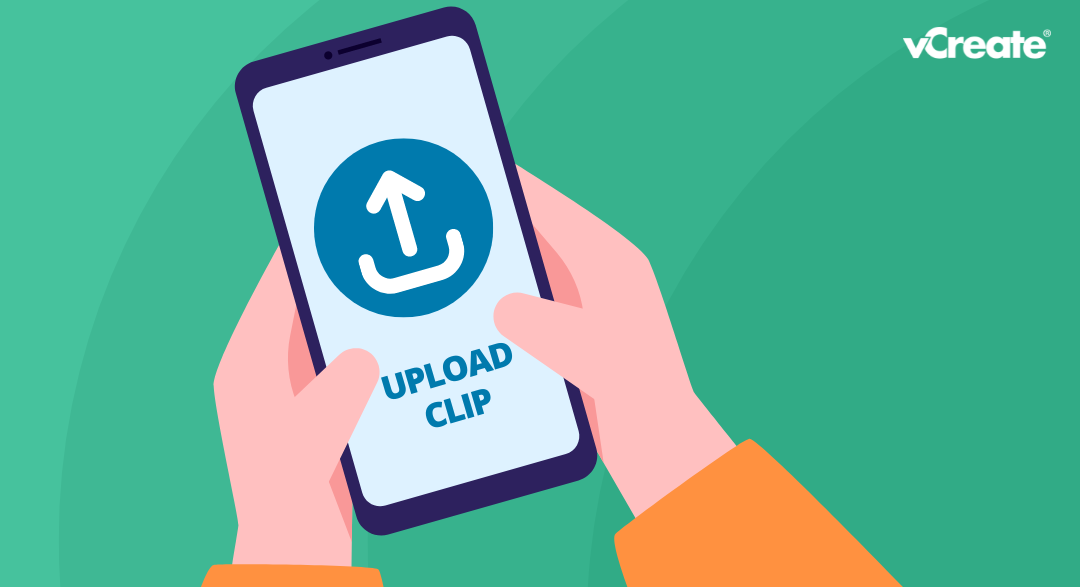Smartphone Video Technology to Aid Epilepsy Diagnosis
07 May 2024

Epilepsy, a condition affecting over 50 million people worldwide, significantly impacts individuals’ quality of life and health. Despite advancements in healthcare, the journey from initial symptoms to diagnosis and treatment remains fraught with challenges.
Diagnosing epilepsy requires a meticulous, multi-step approach, involving symptom recognition, classification and the identification of underlying comorbidities. However, the current rate of overdiagnosis and underdiagnosis continue to pose risks to patient well-being.
A recent review published in The Lancet Neurology sheds light on the complexities surrounding epilepsy diagnosis and the need for technological interventions to bridge the diagnostic gap.
Empowering Diagnosis Through Smartphone Video Technology
One such intervention highlighted in the report is the integration of smartphone videography. By complementing traditional history-taking and clinical investigations, videos provide visual evidence that enhances diagnostic accuracy. For clinicians, witnessing seizures through a video allows them to make more informed decisions, leading to earlier recognition, diagnosis, intervention, and improved patient outcomes.
Highly accessible in both high-income and resource-limited settings, smartphones have become universal, bridging geographical and financial barriers to healthcare. Even in remote areas where access to epilepsy specialists and treatments is limited, smartphones provide a lifeline, allowing individuals to capture and share vital information with their clinical team.
The review spotlights the clinical video service, vCreate, which supports the diagnosis and management of epilepsy and other neurological disorders. It is used in more than 100 centres in the UK, with more than 40,000 video clips uploaded by more than 20,000 affected individuals and their families or caregivers to date. Videos are peer-reviewed by clinicians who then communicate diagnosis and management plans with families.
A 2022 Scottish Health Technology Group assessment found that this platform reduced time to diagnosis by an average of 2 weeks, facilitated rapid decision making, and prioritised specific tests or prevented unnecessary investigations.
As smartphone video technology continues to evolve, so does its potential to revolutionise epilepsy diagnosis. The adoption of artificial intelligence holds promises for automating seizure detection and analysis, further enhancing the diagnostic accuracy and efficiency of smartphone-based approaches.
In the quest for early and accurate epilepsy diagnosis, smartphone video technology stands at the forefront of innovation.
Click the link to read the full review - https://www.vcreate.tv/docs/improving-epilepsy-diagnosis-across-the-lifespan.pdf
For more information or a demo on how vCreate can support your clinical teams and patients, please email us.
